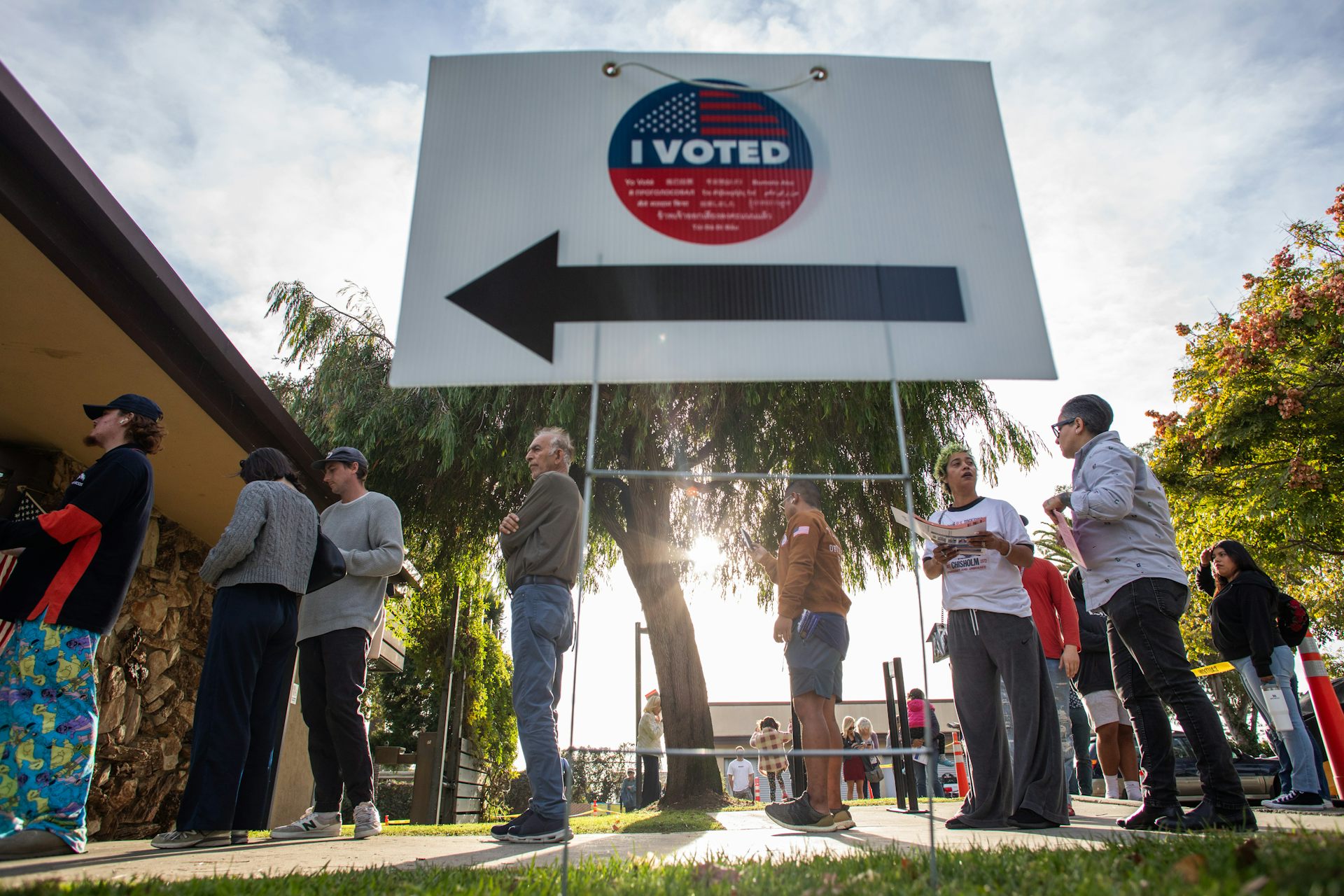Job policies that offer generous unemployment benefits create more happiness – for everyone
Governments use a variety of labor market policies to support workers who lose their jobs – each with a different impact on a country's well-being.

Losing one’s job undoubtedly makes someone less happy, a feeling tens of millions of people around the world are experiencing right now. Even as the labor market recovers, as we saw in the latest U.S. employment report on Nov. 6, the number of people who have been without a job for more than 26 weeks continues to increase.
Governments have implemented a wide variety of labor market policies to address the pandemic’s impact, from beefing up funding of existing unemployment policies to supplemental income programs like the US$600 checks that the U.S. sent out during part of the pandemic.
While these policies are intended to alleviate the economic pain of losing one’s job, we, as happiness researchers, are more interested in how they might affect people’s well-being during the pandemic.
Broadly speaking, do some types of labor policies result in more happiness than others?
Measuring happiness
The answer to this question relies on the science of happiness, a burgeoning new area of social science research.
Social scientists like us use statistical methods to analyze data collected in surveys that ask people to report their level of happiness based on how they feel their life is going. This allows us to better understand the causes and consequences of happiness.
Perhaps the most well-known results of all this work are the global happiness rankings that come out each year, through which people have learned how wonderful life is in Scandinavia. Indeed more and more countries and organizations are measuring happiness and tweaking policies as a result.
While economic indicators such as unemployment and gross domestic product paint a bleak picture of life right now, the loss in happiness is likely even larger than implied by growth and jobs data because these indicators fail to capture psychological costs. Even those who are not sick or unemployed face significant distress as a result of pandemic-related fears or social isolation.
Research shows these factors are detrimental for feelings of well-being.
While worrying about happiness may seem trivial when so many people have died, deteriorating well-being can create a vicious cycle. Fear, despair, depression and isolation trigger worse health, economic and social outomes, which in turn reinforce the negative feelings.
Such a cycle prolongs recovery and may ultimately lead to spiking suicide rates and deaths of despair.
So at a time of heightened stress and forced social isolation, finding ways to help people stay positive and healthy is extremely important. And based on our research, we believe one way to do this is with the right labor market policy.
Labor market bliss
Relevant labor market policies can be loosely divided into three types.
The first provides support for people who become unemployed in the form of income replacement or training programs. An example of this is unemployment insurance, which provides benefits to qualified workers when they lose their jobs.
The second type restricts the firing of employees, a policy common in Europe that guarantees job security to some extent. Both of these policies are intended to buffer workers from individual shocks and deteriorating labor market conditions in a recession.
The third includes temporary measures enacted during extraordinary times such as furloughing employees: that is, keeping them in their jobs at reduced pay with assistance by governments. The U.K. notably put this policy in place early in the pandemic with the idea that it would allow economies to quickly recover from COVID-19 by essentially freezing the economy in place, after which people can quickly return to their jobs.
To get a better sense of how these labor market policies affect well-being, we studied how happiness changed in 23 European countries in the aftermath of the Great Recession that resulted from the 2008-2009 financial crisis.
We found that countries that had more generous income replacement policies experienced smaller losses in happiness on average. Denmark and Ireland, for example, which experienced some of the smallest declines, both had generous income replacement and training programs for the unemployed.
Greece, Italy and several other Mediterranean countries, on the other hand, which suffered some of the largest drops in happiness in the period, offered relatively little income support for the unemployed and had strict employment protection legislation.
Perhaps most surprising is that policies that explicitly protected employees – such as restrictions on layoffs – did not appear to do a very good job keeping people happy. For example, Greece and Italy relied on these types of policies to protect their workers yet nonetheless experienced high losses in happiness.
We believe the reason is that these policies make it harder to fire employees. That discourages hiring in a recession because employers know they won’t be able to easily let go of the person if conditions deteriorate. So companies defer hiring, which makes it harder for people looking for a job to find one, and increases worries about becoming unemployed. Indeed, previous research indicates that high unemployment during recessions is due more to reductions in hiring than initial dismissals.
Supporting well-being
So what does this tell us about the current situation?
Our research suggests restarting policies like the US$600 supplement the U.S. government offered the unemployed until the funding lapsed at the end of July is the optimal approach to supporting citizens’ well-being. Offering job training programs to help people find new jobs is another good strategy.
Policies that lock people into jobs, like the furlough approach taken in the U.K., may do more harm than good as they can limit the ability of companies to do the hiring necessary to make adjustments during this unprecedented situation.
This will increase worries about becoming unemployed, hurt people who become unemployed and potentially slow an economic recovery by limiting the ability of the labor market to adapt to a post-pandemic world.
Kelsey O'Connor's organization received funding from the National Research Fund of Luxembourg for a project Kelsey O'Connor works on. He sits on the Board of Directors for the International Society for Quality-of-Life Studies and the Advisory Panel of the What Works Centre for Wellbeing.
Robson Hiroshi Hatsukami Morgan does not work for, consult, own shares in or receive funding from any company or organisation that would benefit from this article, and has disclosed no relevant affiliations beyond their academic appointment.
Read These Next
Trump says climate change doesn’t endanger public health – evidence shows it does, from extreme heat
Climate change is making people sicker and more vulnerable to disease. Erasing the federal endangerment…
FDA rejects Moderna’s mRNA flu vaccine application - for reasons with no basis in the law
The move signals an escalation in the agency’s efforts to interfere with established procedures for…
Nearly every state in the US has dyslexia laws – but our research shows limited change for strugglin
Dyslexia laws are now nearly universal across the US. But the data shows that passing a law is not the…





